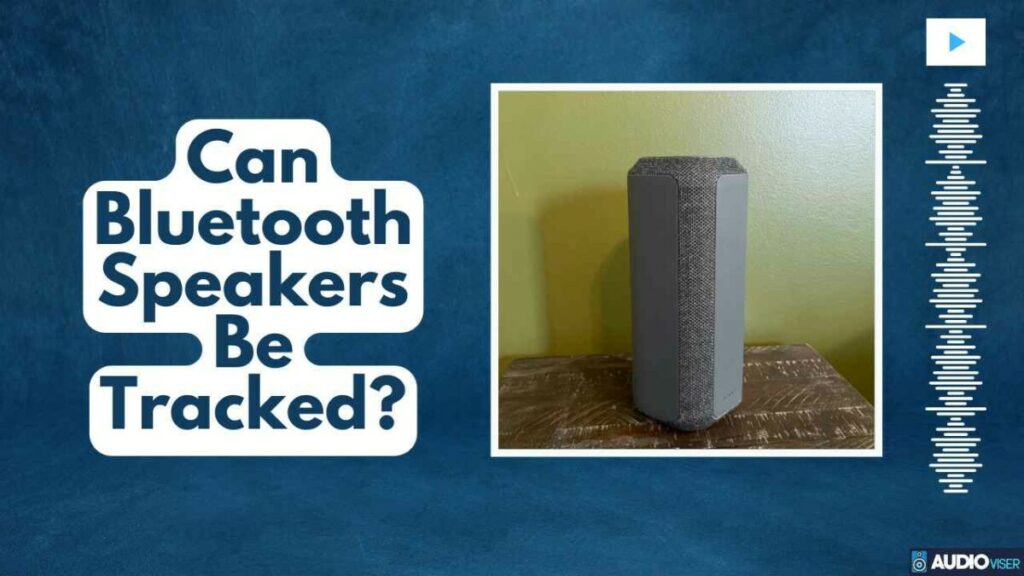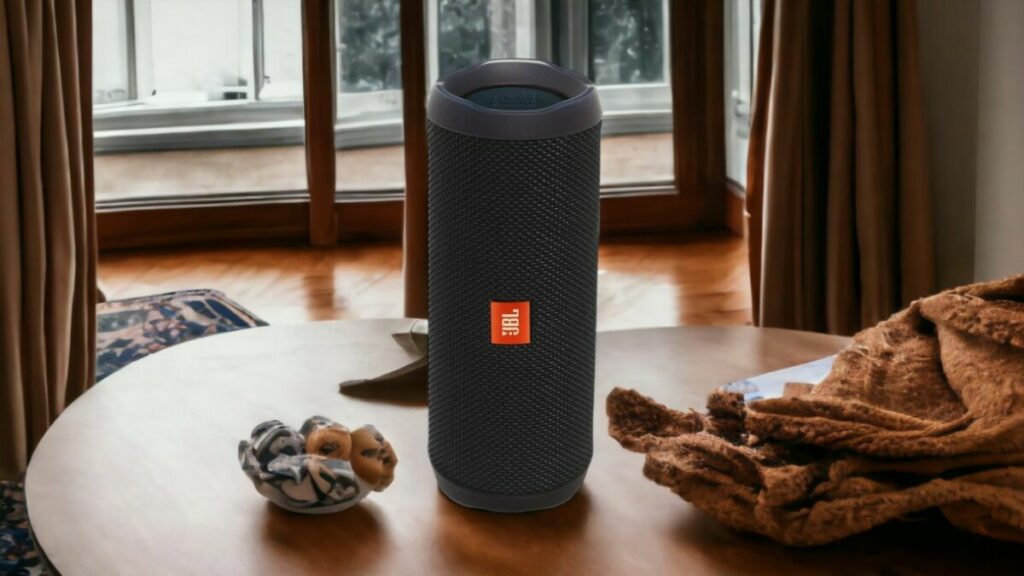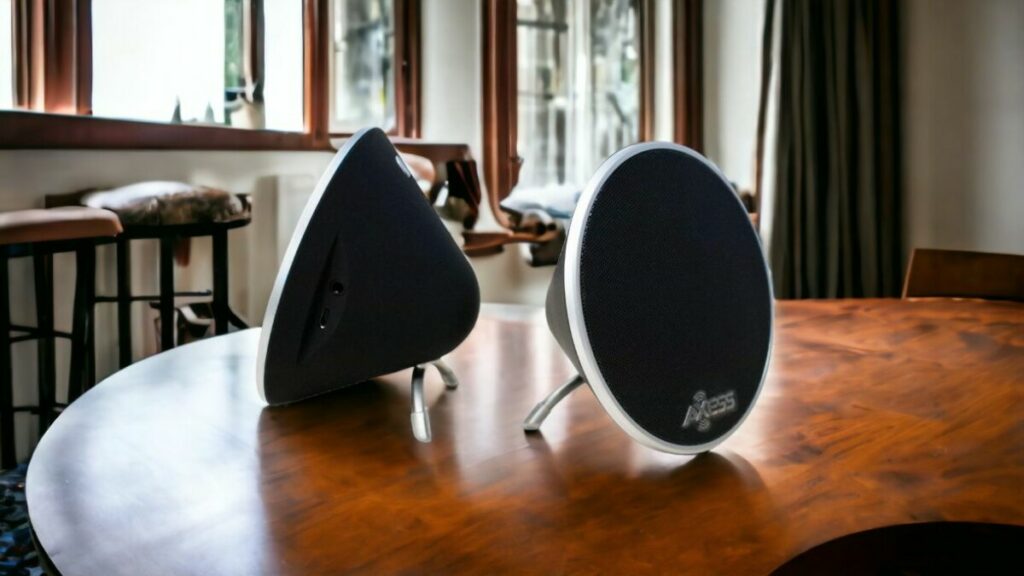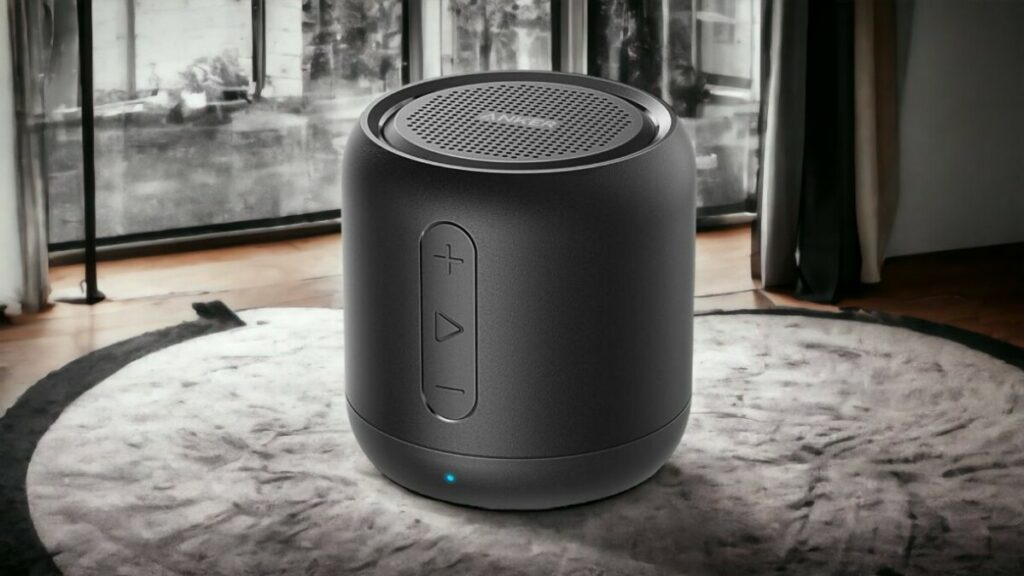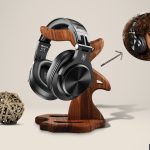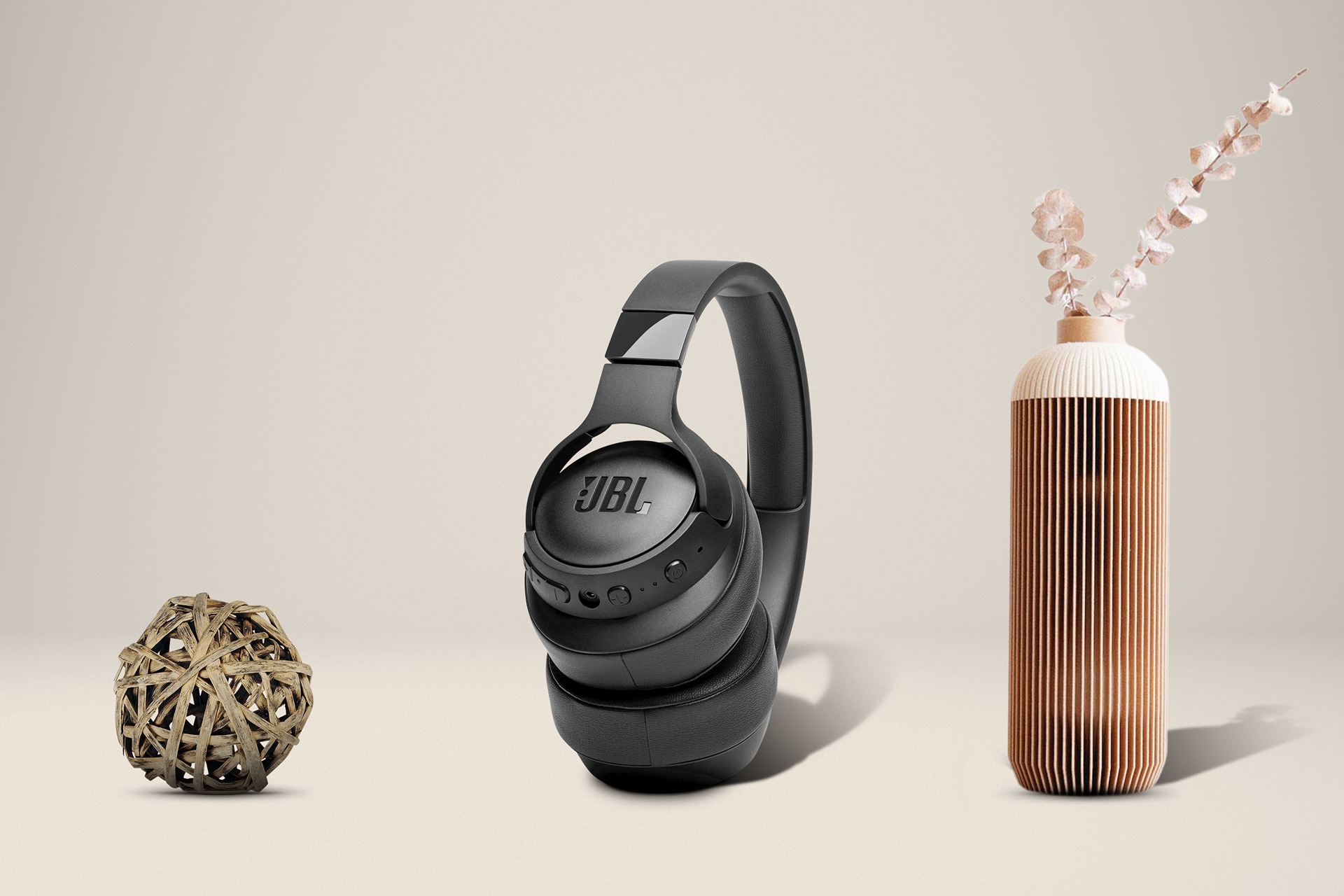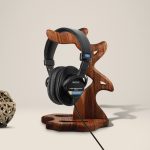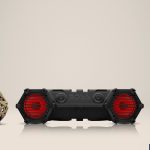They say ‘knowledge is power’, right? Well, get ready for some mind-blowing info about your Bluetooth speakers.
Ever had that nagging thought in the back of your mind, wondering if they can be tracked? Well, you’re not alone. It’s a hot topic these days.
In this piece, we’re gonna deep dive into the tech world of Bluetooth speakers, get a handle on how they sync up with your gadgets, and tackle the big question – can they be tracked?
Plus, we’ll touch on the whole privacy thing and look at ways to up your security game.
Time to get our tech geek on and unravel the mysteries of these cool little devices!
Bluetooth Technology and Tracking
Yes, Bluetooth speakers can totally be tracked, but there’s a catch. They’ve gotta be paired to a device and within that typical Bluetooth bubble, which is around 20-30 feet. Brands like JBL are upping their game with these cool apps that let you keep tabs on your speakers, as long as they’re connected through Bluetooth. But here’s the kicker, if your speaker’s powered down or the battery’s just given up on life, then tracking’s a no-go.
So, let’s dive deep into the nitty-gritty of Bluetooth tech and its potential for tracking.
First things first, we need to get our heads around the concept of Bluetooth Range Limitations. You see, Bluetooth isn’t built for long-distance chats. Under perfect conditions, most devices can stretch to about 100 meters, but in reality, this can be drastically reduced due to numerous factors.
Next up, let’s chat about Interference Factors with Bluetooth. Basically, Bluetooth functions on the 2.4 GHz band. Now, this is the same band that Wi-Fi, microwaves, and a whole bunch of other devices use, so it’s pretty crowded. This can lead to interference, messing up the signal and reducing the effective range.
How Bluetooth Speakers Connect to Devices
When you’re trying to link up your audio gear, it’s crucial to get that your device is pulling off a bit of wireless magic to make that bond. This is a key part of the speaker hook-up dance, all thanks to Bluetooth. Your speaker and the device it’s vibing with both need to be Bluetooth-ready to get things going. For example, if you’re a fan of Apple products, you might wonder, can Apple TV connect to multiple Bluetooth speakers?
Kicking off the pairing party starts with flicking your speaker into pairing mode, basically making it visible for your device. Then your device takes the lead, sending a ‘let’s connect’ invite to the speaker. If the speaker is down for it, boom, you’re connected.
But remember, this connection has its own comfort zone. If you wander too far off, you’ll drop the connection. Keep these details in mind, and you’ll be a pro at troubleshooting any hiccups that pop up.
The Potential for Tracking Bluetooth Speakers
In today’s tech-savvy environment, there’s a possibility that your wireless audio gear could be pinpointed, bringing up some serious conversations about privacy and security. As the tech for identifying and tracking speakers gets better and better, there’s a chance your Bluetooth speakers could be on someone’s radar.
This could result in:
- Invasion of your privacy
- Unwanted peeping into your musical tastes
- Leakage of your personal info
Security threats, such as:
- Chances of your gadget being hacked
- Misuse of your gear without you having a clue
Just think about it for a minute. Someone out there could know what tunes you’re vibing to, when you’re jamming out, or even worse, they could be pulling the strings on your device.
It’s super important to stay woke about these kind of scenarios and take action to prevent them. Staying on top of the potential risks is key in safeguarding your privacy and security in this rapidly evolving tech universe.
Privacy Concerns Related to Bluetooth Devices
Living in today’s world, it’s seriously important that you’re in the know about the potential privacy risks that come with your wireless devices. Data breaches aren’t just a big company problem, they can hit your personal devices too, causing your personal info to spill out. For example, you might have questions about specific brands. Are Pyle Bluetooth speakers any good when it comes to ensuring your privacy, or how about Polaroid Bluetooth speakers?
Bluetooth devices, even your go-to speakers, can fall prey to these breaches, all thanks to their wireless nature. Sneaky hackers can find and exploit holes in Bluetooth tech, giving them a backstage pass to all the private data on your devices. They could potentially track where you are, listen in on your chats, or nick your sensitive info. Not cool, right?
To fight back against these risks, make sure you’re keeping your device’s software fresh and updated, limit who can see your device, or just turn off Bluetooth when you’re not using it. After all, in this era where tech rules, your digital security is a big deal, so don’t sleep on it.
Enhancing Security When Using Bluetooth Speakers
It’s super important to be on top of your game when it comes to securing your wireless sound systems. And it’s not just about keeping your tunes safe, but also your personal data that’s pretty valuable. You might want to think about using encryption methods and speaker authentication as an added layer of security.
Encryption Methods:
- AES: This method is for those who are tech studs. It gives you that peace of mind you need.
- RSA: This one is a bit more intricate but trust me, it’s worth it for the iron-clad security it offers.
Speaker Authentication:
- Biometric: It’s like having your own personal bouncer just for your speaker.
- Password: It’s old school, but hey, if it ain’t broken, don’t fix it.
What Are Some Practical Prevention Tips to Protect Bluetooth Speakers from Being Hacked?
To safeguard Bluetooth speakers from hacking attempts, practical methods for preventing hacks include keeping devices updated with the latest firmware, using strong and unique passwords, and disabling unnecessary features like remote access. Additionally, users should avoid connecting to unsecured Wi-Fi networks and consider disabling the discoverable mode when not in use. Regularly monitoring the speaker’s device connections and ensuring a secure network environment further strengthens protection against potential hacks.
Conclusion
Been stressing over the thought of some omnipresent entity tracking your beats through your Bluetooth speaker? Relax! Yes, in theory, they could be tracked, but it’s not as cinematic as it might seem. Just keep your gadgets secure and stay alert to any potential privacy issues.
In this tech-driven age, your playlist is pretty much safe. The odds of your speaker turning into some sort of tracking device are as slim as trying to fit a vinyl record into a microwave!
Mix & Mastering
I love to get my hands on all sorts of audio equipment, from headphones and speakers to audio interfaces. I love putting these products through their paces and seeing what they can do.

